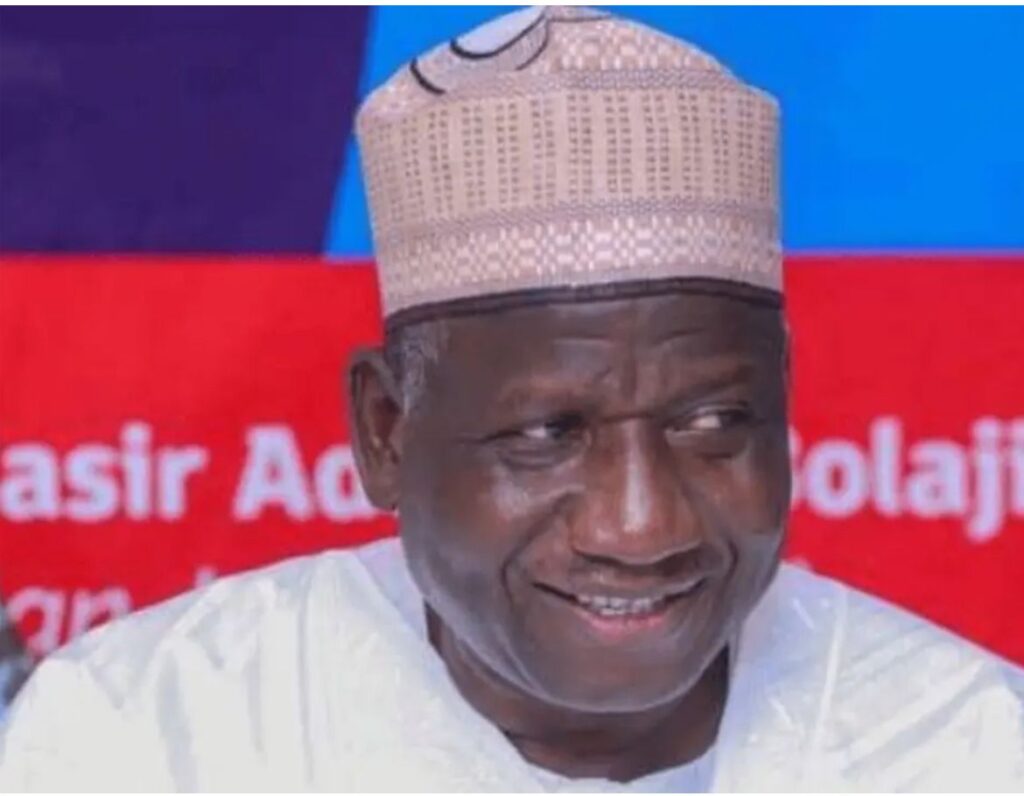As President Bola Tinubu marks the midpoint of his tenure, the 2023 presidential candidate of the Action Democratic Party (ADP), Yabagi Sani, has weighed in on the administration’s economic direction, describing the reforms as “bold and fundamental,” but ultimately misaligned with the realities facing everyday Nigerians.
Speaking on a current affairs programme on Eagle 102.5 FM, Ilese-Ijebu—monitored by our correspondent—Sani praised the ambition of the Tinubu administration but criticized the execution of key economic policies, warning that the poor and vulnerable are being left behind.
READ ALSO:
Sani pointed to two of the administration’s most significant economic moves—the removal of fuel subsidies and the unification of the naira exchange rate—as policies that, while theoretically beneficial, have so far failed to improve living conditions for the majority of Nigerians.
“What Bola Ahmed Tinubu is trying to do is run a highly geared capitalist economy in an environment that is substantially weak and poor. That’s the real problem,” Sani remarked.
While acknowledging that the reforms are designed to attract investment and stimulate growth, the ADP chieftain noted that they are causing widespread hardship due to inadequate support structures and weak institutional capacity for policy delivery.
The ADP Chairman, who also contested in the 2019 presidential election, drew attention to the worsening poverty levels since Tinubu assumed office in 2023.
He cited figures indicating that the number of Nigerians living below the poverty line has surged from 103 million to 129 million, attributing the sharp increase to the adverse impact of subsidy removal and inflation.
“That means nearly 25 to 30 million additional people have slipped into poverty largely due to the removal of fuel subsidies,” Sani emphasized.
He warned that unless the government recalibrates its approach to better reflect the socio-economic realities of its citizens, it risks eroding public trust, regardless of how ambitious its policy goals may be.
Sani criticized what he described as a pattern of impressive policy announcements that are not backed by concrete and inclusive execution strategies.
According to him, the disconnect between high-level economic plans and grassroots realities threatens to undermine the long-term success of the administration’s reform agenda.
“Governments are always loud in policy declarations, but the problem lies in implementation. I haven’t seen anything that convinces me this administration will end up in the good books of Nigerians, economically speaking,” he said.
As Nigeria navigates a challenging economic landscape, Sani’s comments underscore the need for inclusive reform strategies that not only drive growth but also protect and uplift the most vulnerable.
Without effective implementation and a clear framework for social cushioning, he argues, even the most well-intentioned policies may do more harm than good.
















